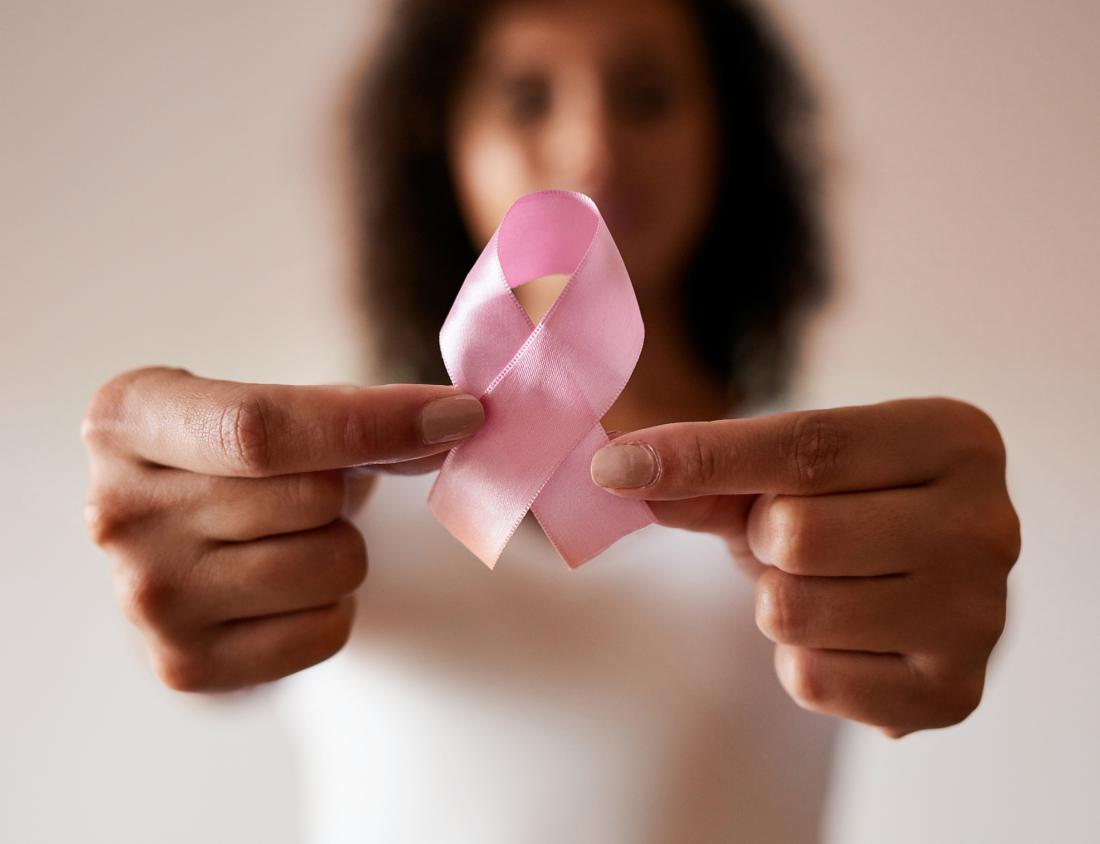Glue-like protein may be key to drug-resistant breast cancer

Scientists have found it challenging to understand why some breast cancers become resistant to drugs. A recent study concludes that a sticky protein might be the answer.
The hormone estrogen plays a vital part in the development of breast cancer.
An estimated 70 percent of all breast cancers are estrogen receptor (ER)-positive.
Put simply, this means that estrogen is the driver of cancerous cell growth in these individuals.
Usually, the hormone attaches itself to estrogen receptors and encourages healthy cell growth. However, increased activity from these receptors can also fuel breast cancer.
While researchers are well aware of estrogen's role, they have failed to solve a particular problem when it comes to treatment.
People who have an ER-positive form of breast cancer are usually prescribed drugs to stop it from spreading. These work by either lowering estrogen levels or hindering receptor activity.
But, approximately one third of people treated using endocrine therapy become resistant to the drugs and are, therefore, less likely to benefit.
